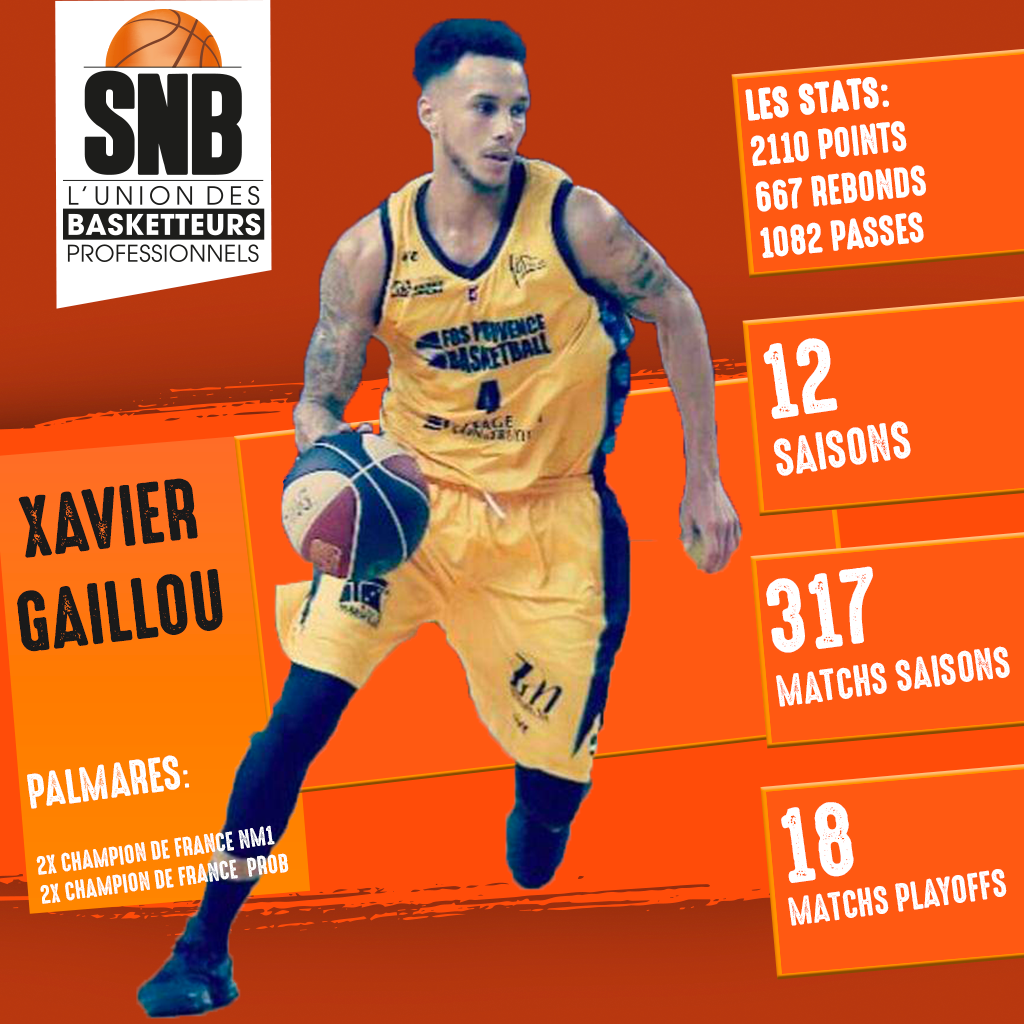Hi Xavier!
You recently decided to end your professional career.
How do you feel about it? Can you tell us more about what motivated your choice?
Hi Arthur!
I feel good and quite serene about it all.
First of all, I made this decision for family reasons. It must be said that I didn’t plan to stop my professional basketball career so young. Yes, I still consider myself young (laughs)!
Joking aside, people don’t necessarily realize that when you move around all the time, there is often a family behind you that has to follow and make sacrifices. I felt that it was time for me to return the favor and settle down in one place.
So this decision is much easier to accept because I know I am doing it for my family. That helps me to approach it with serenity.
It was a well-considered decision after a busy career. Is there a particular season that you will remember?
The first thing is that I was lucky enough to experience a lot of collective success.
I find it very difficult to choose a particular moment. Every season I’ve been involved in that has ended in a climb is unique for me.
I’ve also been lucky enough to always be in great groups, both humanly and athletically, which makes it even more difficult to choose.
But I think that’s a very good thing! I am aware of how lucky I am to have had so much success during my career. That’s why I cherish all these moments and keep them with me.
I think that’s what you get out of your career, all the moments you’ve been able to share. I have always tried to live my career in the same way, giving priority to the team and not putting myself forward because from the beginning I knew that this was what would make us win titles. And it worked because it is the memories of these titles that I take with me today.
Memories to treasure!
A professional sportsman’s life also means a lot of sacrifices, especially in terms of organization. Do you think that you will end up feeling a lack?
For sure it’s a big change!
I think I will miss the training and the group life. I’m not going to lose that completely because I’m still going to play, but it’s true that you have to rethink your days and learn to live differently.
I must admit that if there is one thing I won’t miss at all, it’s the long journeys… The Saint-Vallier/ Quimper sleeper bus for example (laughs)!
On the other hand, I think that I will miss these moments of sharing in a team.
Today, the future is as exciting as it is scary!
On the one hand, there is this fear of the unknown because you don’t know where you are going and you are getting out of your comfort zone. On the other hand, it’s exciting because you are about to discover something new and start a new chapter in your life.
But even though I’m aware of all the changes that are coming, I think it’s exciting to get out of this routine that I’ve had for the last fifteen years.
A lot of changes but also new challenges to come.
Let’s talk about what’s next. What will be the next chapter of your professional life?
For the moment, I don’t have a completely established plan.
First of all, I want to go back to school, but I don’t have a final goal yet.
Today, I don’t have a particular profession in mind but my approach has been to say to myself “what are the qualities I have developed during my career that could be useful for me later on?
That’s why I’m starting to study management (EMME at EM Lyon). I have the impression that this is something that I have cultivated throughout my career as a basketball player and that it is a skill that can be transposed into active life and particularly into the business world.
It is a world that I still know very little about, but I am counting on my studies to help me see things more clearly and also to direct me towards a particular field.
So I have the project as a whole but I’m going to feel my way around a bit, especially at the beginning.
The aim is to find a new subject that I like and am passionate about.
You have more than begun to think about your career change.
Is this something you started during your career? Perhaps via a training course?
Not really. I had already wanted to do it during my two-year period of inactivity following an injury. Unfortunately, the steps were not successful at that time because I was on sick leave at the time and I was not able to find funding because of my status. I therefore decided to postpone my training project.
I also decided not to train during my last years of ProB because the pace seemed a bit too high, between basketball and my family, to fully embark on my study project.
However, I always knew that the day I would stop playing professionally and that I could organize my days more freely, I would look into the subject.
This transition period, where I will continue to play at a slower pace, is therefore perfectly in line with my desire to start my training.
The objective is to play a few more years in the semi-professional level to coincide with the end of my basketball practice and the end of my studies, and then to be able to launch myself fully into active life.
I would like to come back to something you said earlier. You said that a professional basketball player develops skills during his career that he can use later on. Could you elaborate on that?
Yes, I’m sure about it.
In my case, I was lucky enough to have this role of captain or at least of relay between the coaches and the group. It’s something I learned to do and it became natural for me. I wasn’t a captain at the beginning of my career. It was a teammate, Simon Darnauzan, who taught me how to be a leader.
It’s something I’ve cultivated throughout my career.
Managing people and their egos, knowing how to talk to such and such a player, managing a group, federating the people I work with, it’s something I like to do and with hindsight, I say to myself that these are skills I would like to transpose into my post-career. I know it’s not the same job but for me it’s close.
From a more global point of view, I have the impression that as a professional athlete, you develop skills that you would not necessarily find in someone who works in a company and has not experienced this kind of career.
I think you acquire a certain resilience, a taste for effort but also a very resistant mind. We are used to going through very beautiful moments but also a lot of complicated moments like defeats or injuries, for example, and I have the impression that we really have to use them.
Today, all these skills are really valued in the world of work.
Companies are starting to become aware of the qualities that we have developed during our career and they see an interest in it.
It is important that we can cultivate these skills so that we can apply them in our post-career project. For me, it’s management but it can be different for each player.
The most important question we have to ask ourselves when we start thinking about our career transition is “What can I bring to the table? What have I learnt that could be an added value for me and for the people I will work with?
These are indeed crucial questions to ask yourself in your conversion process.
Finally, would you have any advice for a player who is starting to think about all this?
First of all, I would advise young players who are about to make the switch from the U23s to the professional world to never stop studying. Looking back, it’s one of the things I should have done. For example, it would have saved me from going back to school 15 years later (laughs).
I understand that at the beginning of a career the motivation is quite different, you pursue a sportive goal and you want to fully immerse yourself in it. That was the case for me after I graduated from high school.
But I think that for those who can do it, it is interesting to be able to continue training after high school.
As for an older player, I don’t know if I’d really have any advice.
I think the biggest challenge is to find something that will make you get up in the morning and feel the same passion that you had for basketball.
Not getting up in the morning and dragging your feet and seeing it as an obligation.
For me, this is the most important thing to have the best possible transition.
If you decide to stop, without having planned for the aftermath and without goals in mind, it can be a very complicated moment. Unfortunately, I have examples of players who had not thought about all this and who are now in trouble.
They are faced with a fait accompli and have difficulties in making money.
Of course, as a player, we earn a comfortable living, but we can’t say to ourselves, “That’s it, I don’t need to work any more! Necessarily, you have to be able to make money, to have an income, and for that you have to think about your post-career.
So you have to anticipate all this beforehand. I think that the longer you think about it and the sooner you do it, the more likely you are to make the right choice and find something you are passionate about.
I hope your words will resonate with the players!
Xavier, thank you for this exchange and the time you gave us.
We wish you every success with your training project.
See you soon on and off the court!


